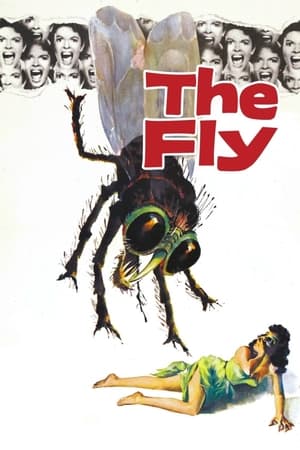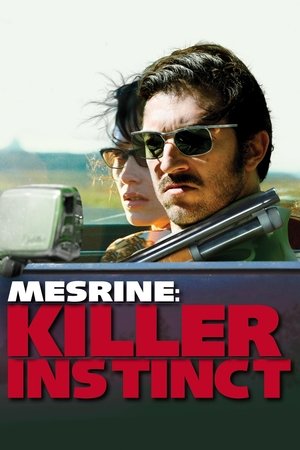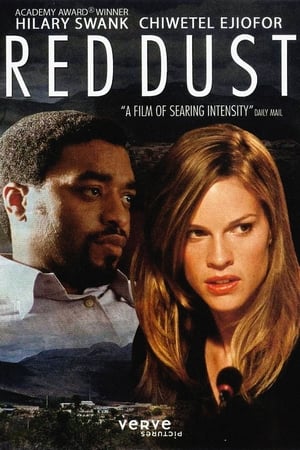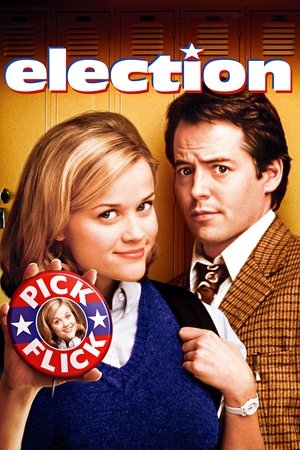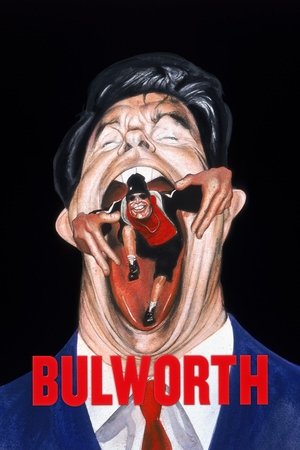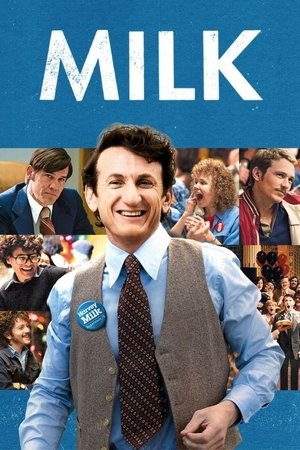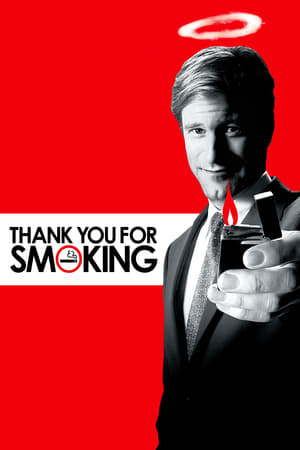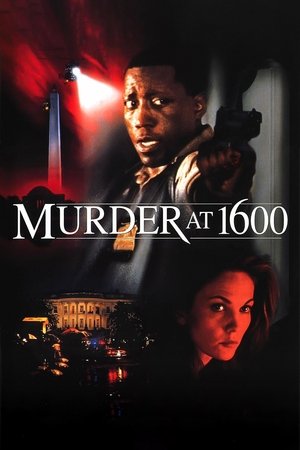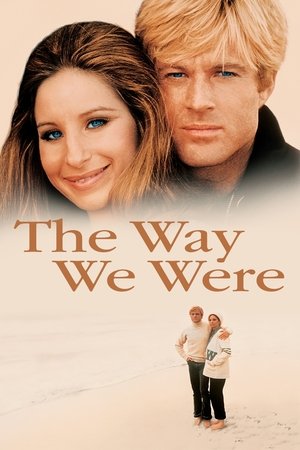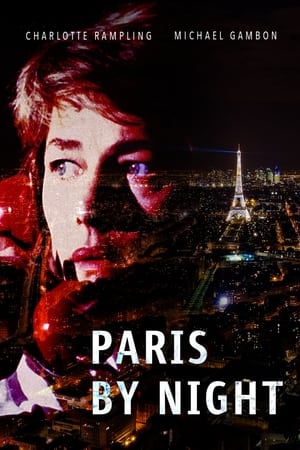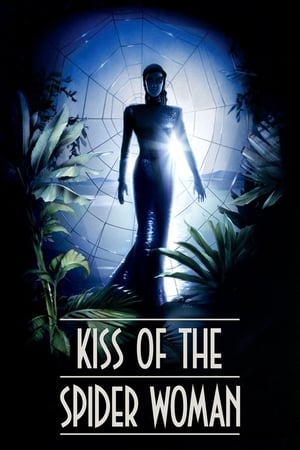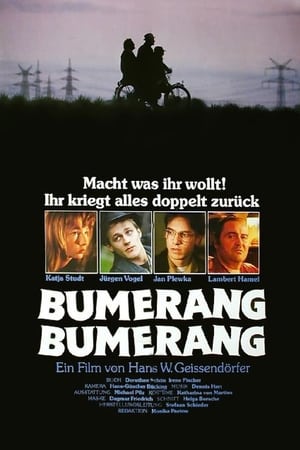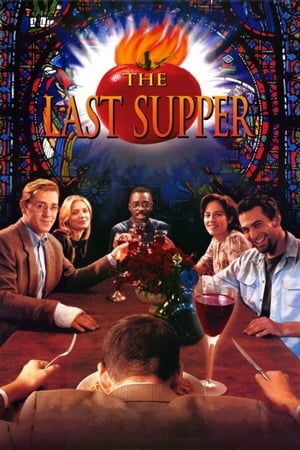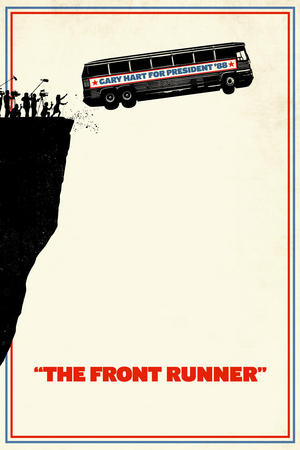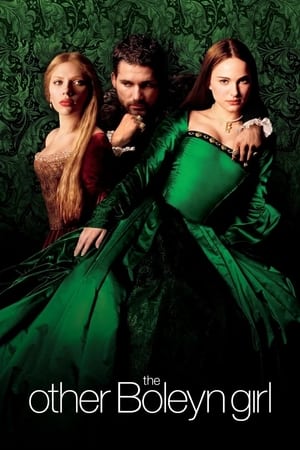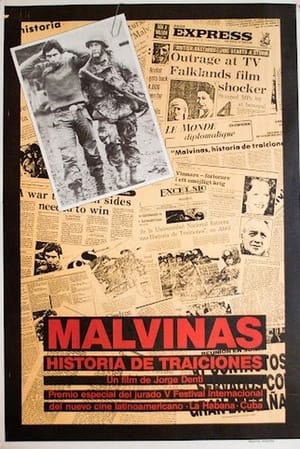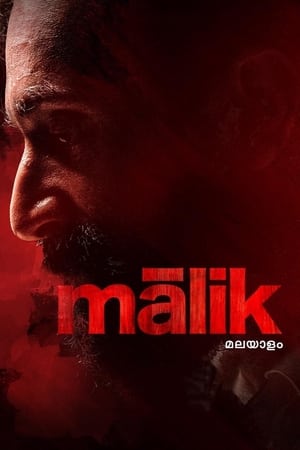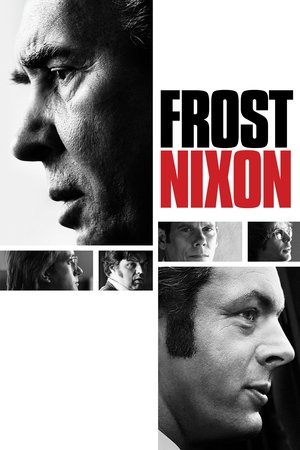Overview
This film tells the story of a young Montrealer who edits an underground newspaper with help from his female friend and a draft dodger from the United States. Two rival philosophies of dissenting youth become evident in the choices they make: militant protest vs. communal retreat. Including some seminal archival footage of a speech by legendary anti-war activist Abbie Hoffman and bloody rioting during the 1968 Democratic Convention in Chicago.
Reviews
There is something refreshingly amateur about this drama as it follows the Canadian anti-war activist “Jesse” (John Robb) and girlfriend “Karen” (Elaine Malus) as they gradually evolve into taking differing approaches to their protesting agenda against the war in South East Asia. She’s from prosperous Jewish stock whilst he is more rootless but they rub along well enough until he becomes involved in a fracas that results in him losing his papers. Determined to retrieve them, he hits against a brick wall of officialdom and that, coupled with laid-back lodger “David” (Gary Rader) starts to make both of them reconsider their commitment to the cause and, ultimately, to each other. It’d be unfair to criticise this using 2025 eyes too harshly: it was made at a time when the war was raging inspiring polarised views amongst democrats and republicans alike whilst the body count mounted up. Aside from a few bits of inserted actuality, though, this doesn’t directly address the issues at hand, rather it takes on a rather meandering tour of hippiedom that though devoid of anything graphic does suggest that these folks maybe didn’t inhabit the real world all that often. Not that their philosophies were wrong or ill thought out, just that their weed-induced folks songs, long hair and idealism only really succeeds in pigeon-holing them disappointingly and leaves us with something that is just too light-weight. Had it been an actual fly-on-the-wall documentary then it might have had more potency, but the fact that this was scripted and actively produced robs it of any sense of spontaneity or honesty. These are the views of Robin Spry and Sherwood Forest delivered using conduits who are engaging up to a point, but immature and irritating for the most part as their pipe-dream naïveté isn’t really developed or supported by strong characterisations. It all culminates in the well documented clash in Chicago in 1968 that finally brings the thing alive, demonstrates the levels of brutality the authorities were capable of and makes the couple, separated by hundreds of miles, evaluate their decisions and priorities. Was one of them right? Both? Neither? With such a serious and provocative topic in it’s sights, it is all just a little too Kumbaya for me, sorry.

 88 min
88 min
 6
6
 1970
1970
 Canada
Canada
 CinemaSerf wrote:
CinemaSerf wrote: